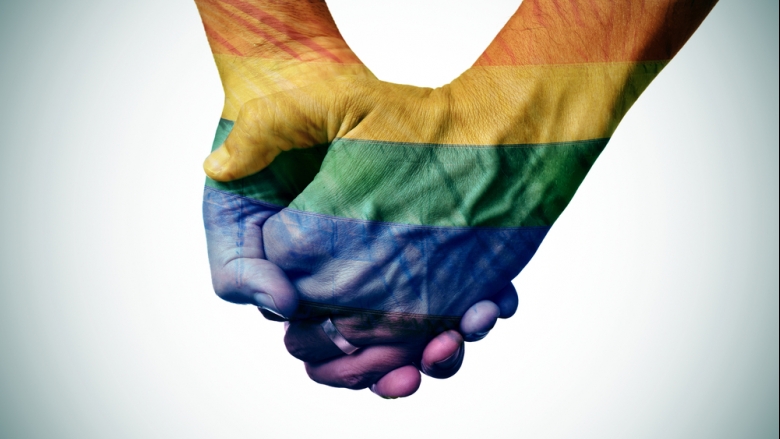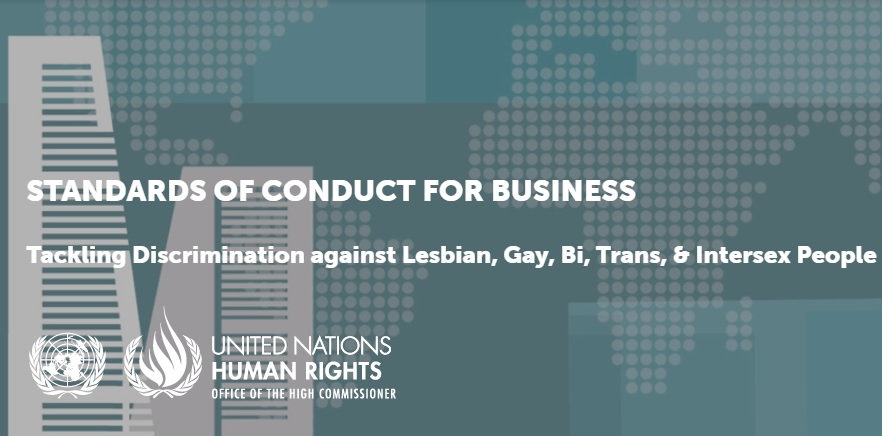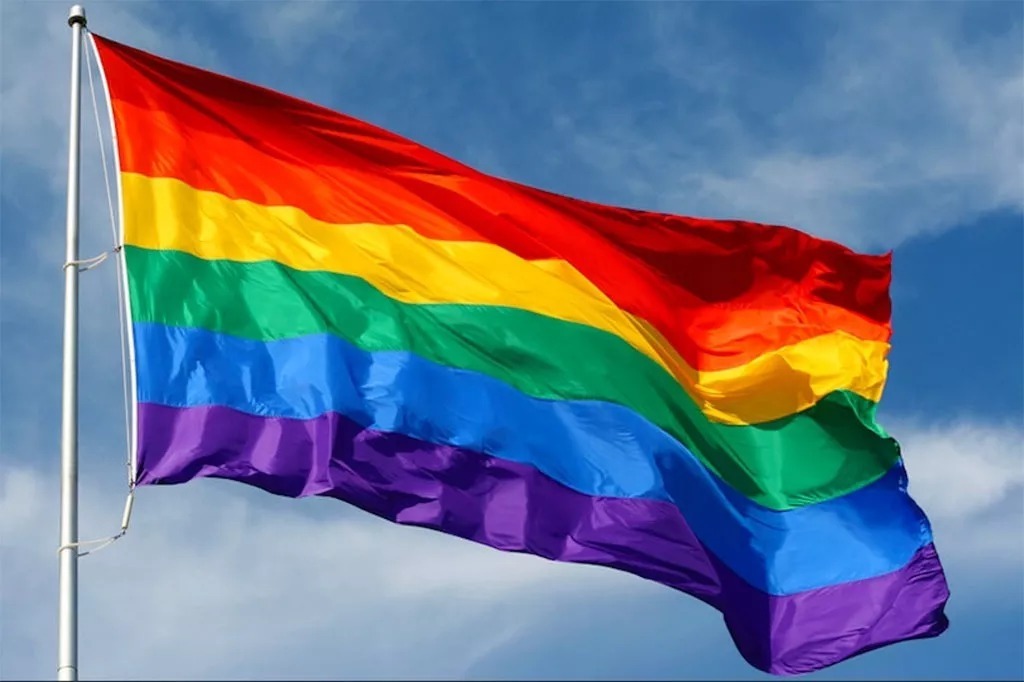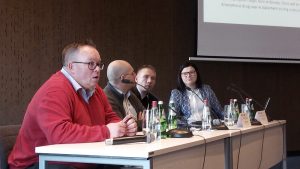Violence and discrimination against lesbian, gay, bi, trans and intersex (LGBTI) people cannot be ended by governments alone. Businesses can foster diversity and promote a culture of respect and equality both in the workplace and in the communities where they and their business partners operate.
The global LGBTI equality standards for the business community have been launched today by the UN Country Team in Serbia and the LGBTI Equal Rights Association for Western Balkans and Turkey (ERA) in partnership with the UN Global Compact in Serbia and the Commissioner for Protection of Equality at the special event with government officials, business representatives, and civil sector.
Launching of the UN Standards in the Republic of Serbia is the first in South-East Europe, after the Standards had been launched in other parts of the World. Serbian is the seventh language in which the Standards are available globally.
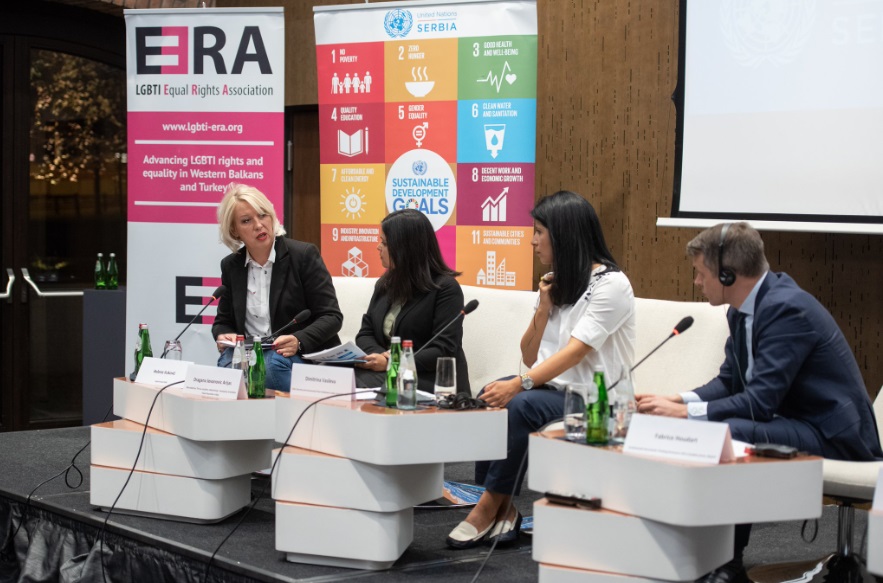
© UNCT Serbia/Marko Rupena
In Serbia, Hemofarm AD, Ernst & Young DOO and Erste Bank AD (all members of the UN Global Compact network in Serbia) join the growing list of early adopters.
The Standards of Conduct build on the UN Guiding Principles on Business and Human Rights, adopted by the UN Human Rights Council in 2011. They are the product of a year-long process of consultations facilitated by the UN Human Rights Office and the Institute for Human Rights and Business, including regional meetings with leading business representatives and activists in Asia, Africa, Europe and the Americas.
Drawing on good practices from around the world, these standards set out actions companies can take to protect the rights of LGBTI individuals. These include eliminating workplace discrimination, making sure business operations do not contribute to discrimination against customers, suppliers or members of the public, and working with business partners to address discriminatory practices up and down the supply chain. They also encourage companies to stand up for the rights of LGBTI people in the countries where they operate – including through advocacy and support for local organizations.
 The five standards:
The five standards:
- RESPECT the human rights of their LGBTI workers, customers and members of the public
- ELIMINATE workplace discrimination against LGBTI employees
- SUPPORT LGBTI employees at work
- PREVENT discrimination and related abuses against LGBTI customers, suppliers and distributors – and insist that suppliers do the same
- STAND UP for the human rights of LGBTI people in the communities where companies do business
UN encourages businesses to no longer be silent in the face of discriminatory treatment of LGBTI people. The power of corporations to shape what the public thinks and wants should be harnessed and used responsibly.
The Standards are available following this link>>>



